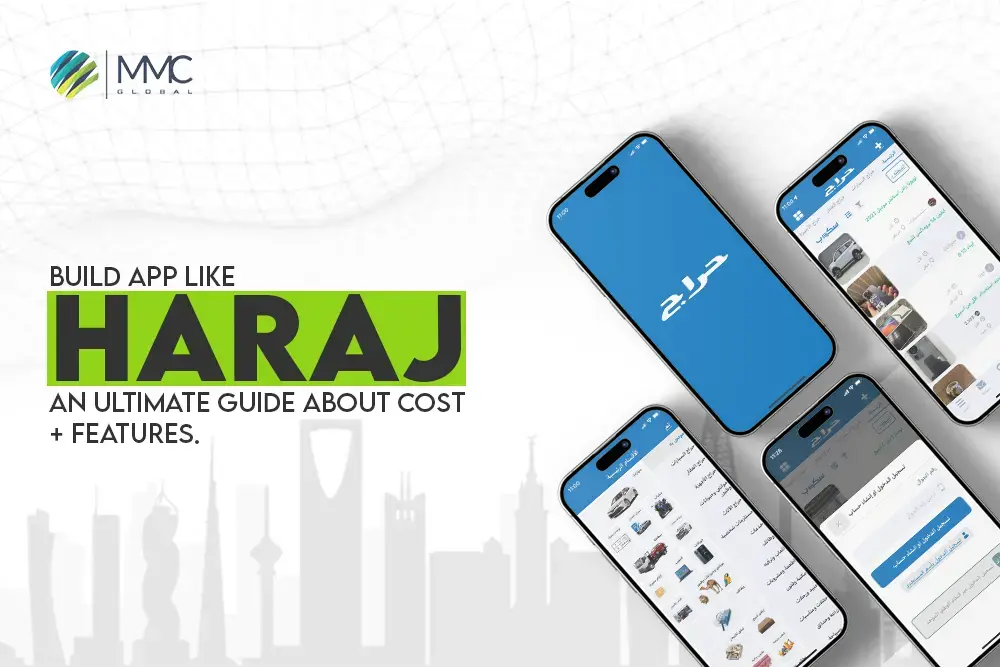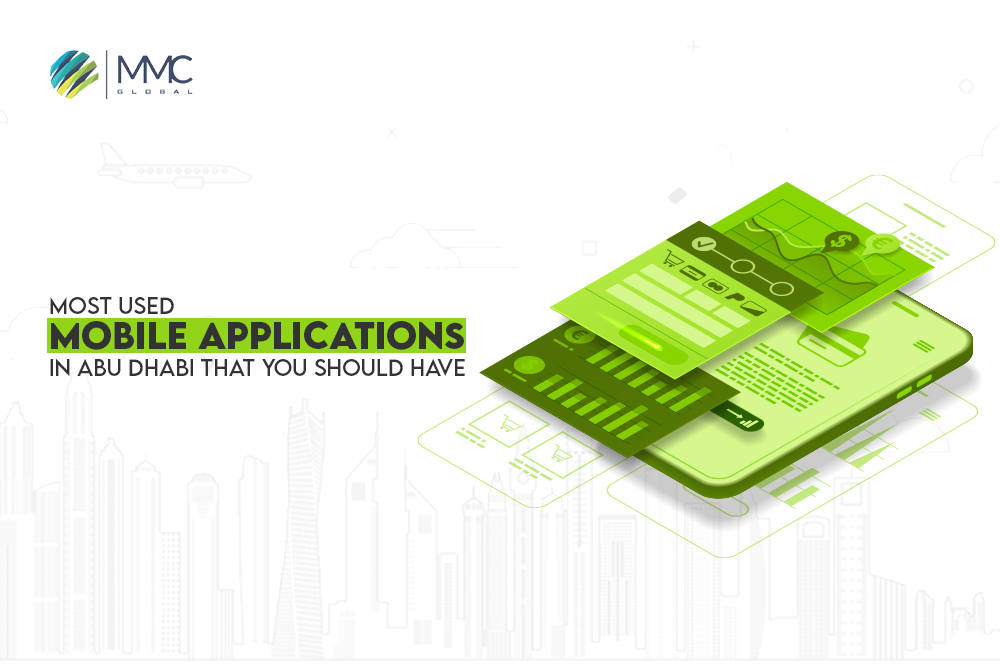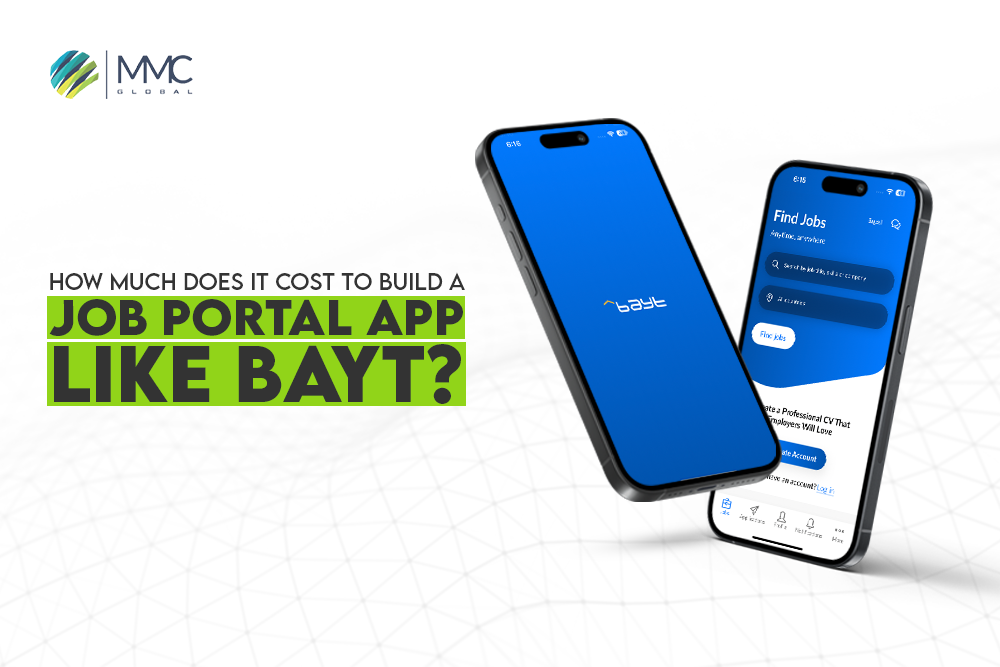The demand for e-learning has been booming around the globe since the pandemic hits. Many educational institutions rely on digital tools and platforms to conduct classes, initiate the admission process, conduct assessments and quizzes, and other reasons.
Many platforms, such as Zoom or Google classroom, helped a lot with COVID; surprisingly, it is now a new normal for facilitators and students to make a virtual classroom from anywhere. Similarly, another digital transformation in the education industry is educational mobile app development. Through this transformation, trainers open thousands of courses for students so they can spare time and enjoy e-learning by downloading mobile apps for education.
People are more engaged in mobile applications; that’s why our IT industry encourages the educational sector to come forward and start using technology to teach students more in less time.
Digital Transformation In Education Sector
It might come as a surprise to learn that, according to Statista, the education sector is third in the most preferred mobile app category globally. The global market for mobile education grew at a CAGR of over 24% between 2015 and 2020. The market will continue to expand rapidly between 2021 and 2026, according to IMARC Group.
These are the proof that digitalization and mobile can be the most beneficial asset for us if we use them adequately. Furthermore, the use of e-learning can be categorized in different aspects, such as:
By-products:
- E-Books & E-Courses
- Game/Simulation-based Tools
- Collaboration Tools
- Distance Tutoring
- Test Preparation
- LMS/Authoring Tools
- Interactive Assessments
By Components:
- Content
- Platform/Software
- Connectivity
By Operating System
- Android
- iOS
- Windows
- Others
By Device Type
- Personal Digital Assistants (PDAs)
- Smartphones
- Tablets
- e-Readers
- Others
By Learning Type
- In-Class
- Simulation-Based
- Instructor-Led
- Others
By Application
- Pre-Primary
- K12
- Higher Education
- Corporate
- Vocational
With the help of full-stack developers, we can build a functional and informative educational mobile app. By hiring professional developers like MMCGBL, you can change your dreamy idea into a physical mobile app. We never compromise on our work quality; that’s why our past clients are happy with us. You can see our robust iOS and Android application development project that we are proud of.
The Impact of Educational Mobile App Development
Mobile application development proliferates in different industries such as eCommerce businesses, manufacturing, supply chains, healthcare, etc. Similarly, educational mobile app development also makes it possible to access learning materials and facilitators.
Teachers are happy to adopt digitalization as they are also experiencing new ways to teach. Thus, a mobile learning revolution has been ignited by the proliferation of smart educational mobile app development. The advantages of developing an e-learning app are listed below.
Learning becomes Feasible
Online learning offered feasibility since it did not need learning to occur at a set time or place. With the availability of instructional resources in multimedia modes on smartphones and tablets, learning flexibility has increased even more.
Additionally, learners appreciate the extra comfort of being able to access this information from anywhere at any time using their mobile devices. Teachers also feel it feasible to use educational mobile apps as they can easily conduct classes, assessments, attendance, etc.
Maximum Accessibility of Materials
Learning only happens after studying the entire course content and remembering all pertinent information. Since the data is simpler to understand thanks to the creative tactics utilized as mobile learning is meant to promote involvement.
Moreover, students are more indulged in using mobile apps; they can access the right material at the right time through educational mobile apps. While educational mobile application development, developers add extensive features that meet the requirements of students and teachers. For example, adding features like making notes, saving PDFs or e-books, accessing learning materials, attendance management, assessments, quizzes, etc.
Cross-Platform Mobile Apps
It ought to be as convenient as feasible to train. The exact eLearning courses may also be accessible on any device that a student would typically use, from PCs and laptops to tablets and smartphones, owing to technological improvements.
Developers simplify the way of accessibility by building apps with technologies that support multiple devices. Thousands of programming languages and frameworks provoke futuristic apps that encourage E-learning at the next level.
Improved Learning Process
Mobile app development improves the learning process as it helps students to get the most out of it. For example, students can save time by taking physical classes; instead, they can easily spend that time at home and get maximum attention in online courses.
However, when we see teaching aspects, they can also gather students in one platform, assign tasks, and keep a check and balance properly.
24/7 Availability
Offline and remote accessibility of mobile apps has an effect on education as well. They make it possible for students to learn anytime and anywhere in the world. Thanks to these applications, students may explore their hobbies at any time of day.
Many students in these online courses are from rural locations and don’t have to worry about moving or traveling to another location to complete their education. Teachers and institutions may interact with students from all around the world using these educational applications.
Must-Have Features For Educational Mobile App
The cost of developing educational mobile apps depends on a variety of elements, including the number of features that are required. Users of mobile education apps often fall into one of two personas: teachers or students. A few essential components for your education app development are listed below.
- The account authorization must be included in any educational app or portal for teachers and students so they can build their profiles and get started with the app.
- A mobile app for education must include a student management dashboard so teachers can easily access their profiles, check assessments, conduct class, etc.
- It is also necessary to add course management features that must include important notes, samples, books, etc. Teachers should add, edit, or remove courses, add images, upload videos, PDF documents, interactive exercises to test knowledge, and other learning materials.
- Getting Notifications and alerts for both teachers and students if any task has been assigned or received, any query related to the subject, related assessments, deadlines, etc.
- Another important feature that can make educational staff and student lives easier is adding a fee payment method. By adding this feature, people can save time instead of standing in a queue, collect an amount at one place, and other benefits.
Tech Trends For Educational Mobile App Development
Technology adds spice to educational mobile app development as it provides a wide range of tech stacks for building an app. Making featureful applications is the developer’s big dream, ultimately making him a successful mobile app developer.
Adding futuristic technology, such as AI, ML, NLP, etc., makes e-learning more impactful. Let’s dive straight and get in-depth details on the tech trends for educational mobile app development.
Artificial Intelligence
Artificial intelligence has expanded its circle and come forward to rescue all types of industries through its features and functionalities. People are staggeringly dealing with this technology as it helps businesses predict future trends, analyze consumer behavior, make automated recommendations, and much more.
In order to make education more optimized, AI contributed in the same way, and one of the features that make it different from other technology is “to make things personalized for end users.”
Chatbots – are one of the best examples of AI that gives a personalized touch to mobile apps. If a chatbot is included in your app, it helps students get round-the-clock assistance from anywhere.
Virtual Reality
Virtual reality is the term for the use of computer technology to create a simulated world (VR). Virtual Reality (VR) has advanced significantly in mobile learning over the past two years and has become a powerful tool for online learning.
For instance, the iPhone app Anatomy VR instructs you about human anatomy. It uses virtual immersive 3D navigation to show the anatomical architecture of different human bodily systems.
Augmented Reality
In the same way, virtual reality (VR) creates new virtual worlds, and augmented reality (AR) replicates effects in the actual world. Google Translate is a fantastic example of a program that can translate text that is being recorded by your camera in real time.
With the support of augmented reality learning activities, you may play interactive educational games with your students. This increases learning retention and creates new opportunities.
Gamification is incorporated into the curriculum and educational materials by faculty using AR platforms. Using augmented reality technology, teachers may materialize abstract ideas to help students grasp and comprehend difficult concepts. One of the apps, Quiver, delivers the best AR experience to the students by coloring the diagram, and the student will see the movement in it.
Gamification
To make an exciting and fun-loving educational app, gamification would be the best pick for it. Gamification itself revolutionizes the world as it has a big space in the gaming industry. Similarly, Gamification helps to increase students’ IQ levels, improve the way they think, and also build great decision-making skills for sure.
It also encourages students to understand new things by attempting engaging quizzes, polls, and analytical questions related to their subjects. Gamification in educational mobile apps can leverage higher engagement for students and teachers.
Learn more: Is Mobile Gaming The Morning Star In Gaming Industry?
Real-Life Example of Educational Mobile App Development
I have a few examples that showcase educational mobile apps that contain maximum features and functionality and have the potential to create engagement on a large scale.
Udemy
An educational platform with more than 130,000 courses is quite impactful yet engaging for the students. The app contains immense features and tools that make the Udemy app more powerful. Udemy’s mobile app continuously delivers convenient digital learning environments from anywhere in the world. Using Udemy’s course development tools, instructors can upload videos, source code for developers, PowerPoint presentations, PDFs, audio, ZIP files, and any other content that learners might find helpful.
Duolingo
It is one of the most outstanding educational mobile apps for learning multiple languages and is a good consideration for those people who love to learn languages. It has over 30 popular languages that anyone can access. Surprisingly, you can avail of it for free, and no hidden charges are required.
Moreover, the courses are organized according to the level of progress of the student. Duolingo contains a gamification feature, including winning streaks, earning virtual coins, artwork and rapid-fire action, and other gamified approaches that students love to engage in.
Khan Academy
Khan Academy is another educational mobile app that helps thousands of students to learn major subjects such as math, physics, finance, accounting, chemistry, biology, history, etc. The video-based content makes this platform engaging and fruitful for students as they can save and watch repeatedly.
There are many features that make Khan Academy educational mobile apps more functional, including categorized content, in-depth articles, interactive exercise, progress analytics, faster navigation, searches, downloading, etc.
FAQs Related to Educational Mobile Apps
Do educational apps can be used worldwide?
E-learning is steadily replacing conventional learning methods. The epidemic has significantly boosted online learning. Tasks that call for the usage of a mobile phone have begun to be assigned in schools and universities. Here’s where educational applications come into play.
Can you mention other real-life examples of iOS and Android mobile apps for education?
EDX
LinkedIn Learning – for Corporate level learners
Amazon Kindle – For eBooks and
Star walk
Studious
Quizlet
Photomath
HAWki
Do you have more ideas of building mobile apps for education?
At MMCGBL, we have a huge development team who makes everything possible by coming up with out-of-the-box ideas. As we are the leading mobile app development company, providing services for 20+ years, we have valuable and proficient developers who manage all types of applications swiftly. By using advanced technology, we can make it whatever our clients want. Providing exceptional services is our motto, and we are pretty sure you will never be disappointed.
Bottom Line
Transform functionalities and the power of technology in the education sector with the utmost use of mobile applications. Mobile apps are handy, easy-to-access, functional, and engaging digital tools that anyone asks for.
MMCGBL is welcoming every new industry to start using digitalization and making things more convenient and simple. If you are looking to make your educational institute a handy mobile app, then it is a great time to share with us. If you have any idea in your mind, our developers are ready to execute it in an appropriate manner.
And if you don’t know where to stay, we will also support you by giving you a free consultation to resolve the problem in your institute. Let’s make the best use of AI, VR, AR, IoT, blockchain, and other futuristic technology and revolutionize the world with digitalization.



